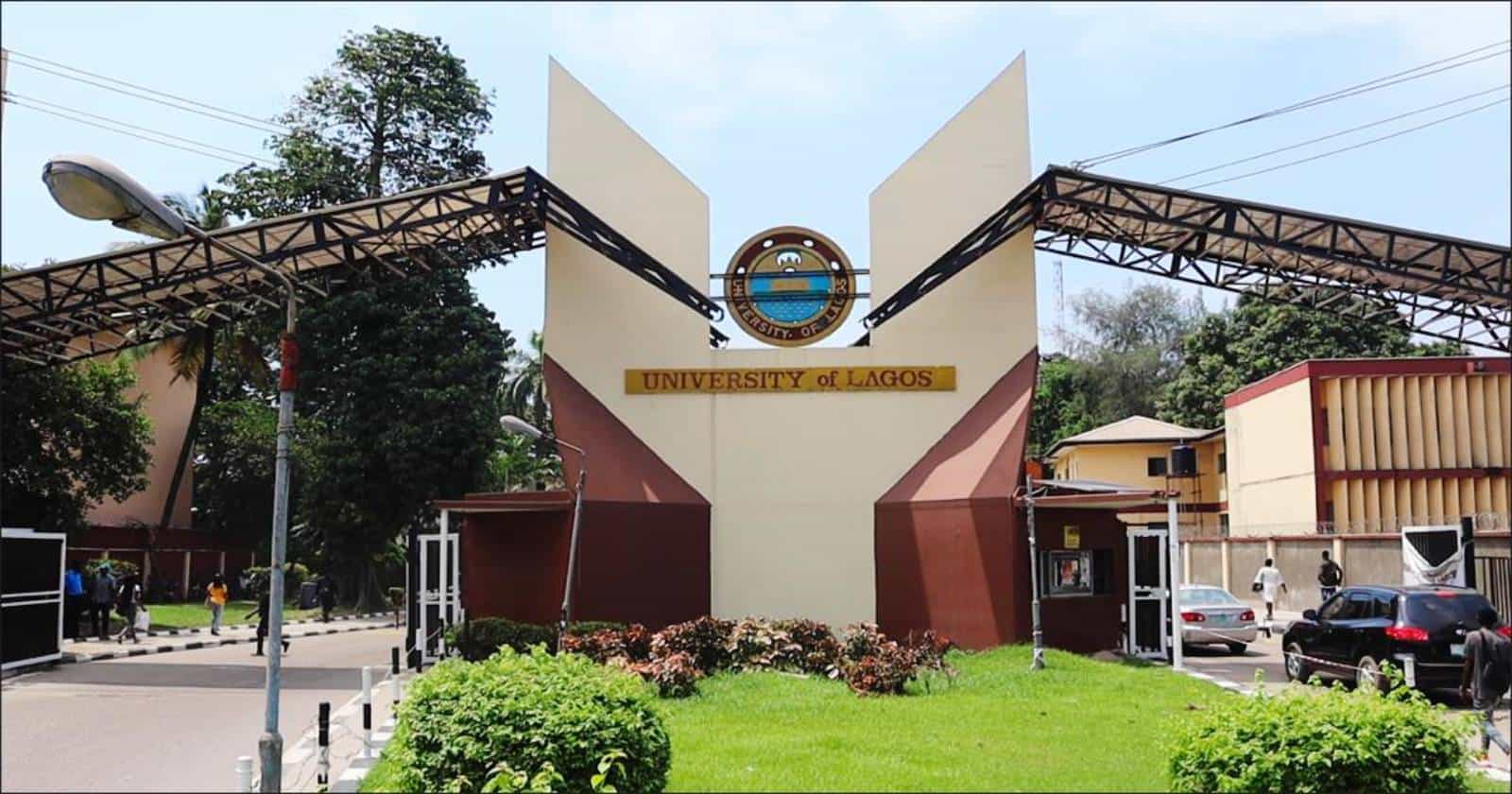UNILAG M.Sc. in Hydrographic Surveying Admissions 2023/2024
Have you ever pondered the significance of maritime mapping or data acquisition in today's global economy? The University of Lagos offers an invaluable opportunity for aspiring specialists in Hydrographic Surveying through its Master of Science programme for the 2023/2024 Academic Session. Designed to align with international standards, this interdisciplinary course is not merely an academic exercise but a conduit to impactful careers in various maritime sectors.

The University of Lagos (UNILAG) extends an invitation to prospective scholars who are adequately qualified to apply for the Master of Science (M.Sc.) programme in Hydrographic Surveying for the 2023/2024 Academic Session.
| Programme | Master of Science (M.Sc.) in Hydrographic Surveying |
| Institute | Institute of Maritime Studies, University of Lagos |
| Focus | Maritime Mapping, Data Acquisition and Interpretation |
| Faculty | Academic professionals and experts from maritime organisations |
| Eligibility | Bachelor’s Degree in Physical Sciences, Marine Sciences, Engineering, etc. |
| Duration ⏳ | Part Time: 4 to 8 semesters; Full Time: 3 to 6 semesters |
| Admission | Must satisfy other postgraduate admission requirements |
| Career | Roles in Nigerian Navy Hydrographic Office, NIMASA, NPA, and Oil & Gas companies |
On this page
Academic and Professional Scope of the M.Sc. in Hydrographic Surveying
This interdisciplinary programme is meticulously crafted to equip students with the necessary skill set for lucrative careers in Maritime Mapping, as well as Data Acquisition and Interpretation. It aims to align Nigeria’s maritime capabilities with international standards while simultaneously addressing the identified talent deficiencies in this sector.
Institutional Hosting and Strategic Objectives
Hosted by the Institute of Maritime Studies (IMS) at the University of Lagos, the M.Sc. in Hydrographic Surveying seeks to augment Nigeria’s maritime manpower pool and catalyse economic progress in accordance with globally recognised best practices.
Curriculum Features: Academic and Practical Training
The programme stands out for its comprehensive academic curriculum coupled with invaluable hands-on industry experience. It is modelled in conformity with the guidelines set forth by the International Hydrographic Organisation (IHO).
Expert Faculty and Industry Collaborations
The programme boasts a robust faculty comprised of distinguished academicians with proven expertise. Furthermore, contributions will be made by seasoned professionals from maritime-related organisations such as the Nigerian Navy Hydrographic Office, Nigerian Maritime Administration and Safety Agency (NIMASA), Nigerian Ports Authority (NPA), Nigerian Merchant Marine, and various Oil and Gas Companies.
Admission Criteria: Who is Eligible to Apply?
To be considered eligible for this academic venture, an applicant must:
- Hold at least a Second-Class (Lower Division) Bachelor’s Degree in Physical Sciences, Marine Sciences, Engineering, Geography, Surveying, or Earth Sciences. The degree must be from the University of Lagos or any other university of repute.
- Fulfil all additional postgraduate admission prerequisites set by the University of Lagos.
Timeframe for Programme Completion: Full-Time & Part-Time Options
Full-Time Students
- Minimum Duration: Three (3) semesters
- Maximum Duration: Six (6) semesters
Part-Time Students
- Minimum Duration: Four (4) semesters
- Maximum Duration: Eight (8) semesters
How to Initiate Your Application Process
Interested candidates are encouraged to initiate their application process through the UNILAG postgraduate studies portal: http://spgs.unilag.edu.ng/.
On a similar note...
- UNILAG Toxicology Screening for 2024/2025 Newly Admitted Students
- Apply for UNILAG Direct Entry Form
- UNILAG Registration & Screening Procedure
- UNILAG academic calendar
- MAUTECH Postgraduate Admission List
- GSU Postgraduate Admission Form
- AAUA Postgraduate Supplementary Admission Form
- National Open University of Nigeria (NOUN) Admission Form